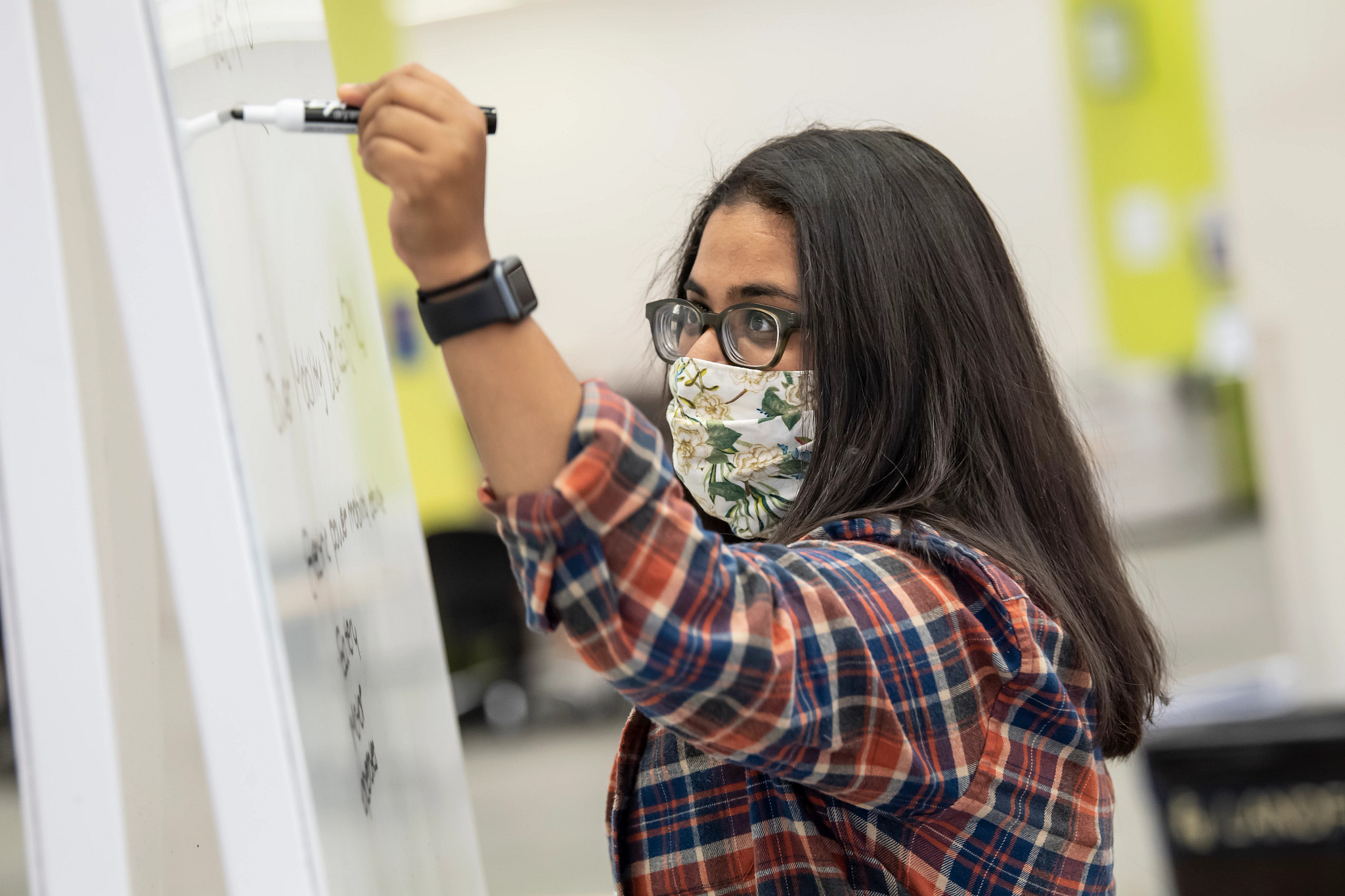FY 22 Annual Report
Health Sciences Library System
Collaboration and Partnerships
Homewood Community Engagement Center
HSLS librarians taught students enrolled in the Learn and Earn program about using MedlinePlus for authoritative consumer health information. Librarians also supported the Black Maternal Health Forum by identifying and promoting MedlinePlus resources relating to maternal health.
Osher Lifelong Learning Institute
HSLS librarians taught a five-week course for Pitt’s Osher Lifelong Learning Institute: Surviving an Infodemic: Finding and Evaluating Health Information Online
FY 22 HSLS Osher Course Data
22 out of 23 agreed “the course was satisfying.”
Global Health Case Competition

Genomics Research Core
The HSLS MolBio Information Service established a teaching collaboration
with the Genomics Research Core (GRC) at the University of Pittsburgh. GRC instructors presented in several HSLS workshops on bioinformatics topics.
Institute for Precision Medicine
In partnership with HSLS MolBio, the Institute for Precision Medicine, a joint collaboration of the University of Pittsburgh and UPMC, sponsored and promoted the use of genomics software, as well as offered financial support to aid the ongoing deployment of the CLC Genomics Workbench and other software from QIAGEN.
Junior Health Care Explorers Program
HSLS librarians participated in the School of Public Health’s sessions for middle and high school students as part of the JHCE program, a partnership of UPMC and the University of Pittsburgh. Approximately 60 students attended two virtual interactive two-hour sessions that introduced them to public health careers and fundamental concepts in the field.
Health Career Scholars Academy
HSLS librarians taught 90-minute classes on the basics of scholarly research and finding reliable health information in PittCat, MedlinePlus, and PubMed for 80 high school students attending the Health Career Scholars Academy at the University of Pittsburgh. These were followed by 60-minute working sessions in which the students formulated research questions and conducted online research with the assistance of a librarian. Additionally, the librarians created a LibGuide to support the students through the research and writing phases of their research projects.
Public Health Science Academy
Pitt’s Public Health Science Academy enrolled approximately 12 high school students who engaged in research through six different projects. HSLS librarians led sessions on scholarly research and locating reliable health information, as well as provided resources on plagiarism and finding and evaluating websites and resources.
Pitt Day of Caring
Medical Alumni Association
HSLS librarians were featured during two social media takeovers of Pitt’s Medical Alumni Association’s Instagram and Twitter. These HSLS-produced videos spotlighted the many services HSLS offers such as liaison librarians and search consultations. HSLS also collaborated with the Medical Alumni Association for Pitt Day of Giving and the Medical Treasures video series.
University Library System (ULS) and Office of Sponsored Programs (OSP)
Librarians from HSLS Data Services and Scholarly Publishing Services collaborated with Pitt’s ULS and OSP to plan and secure funding for the 2022 Open Scholarship and Research Impact Challenge. This two-week event included a wide range of learning opportunities and activities to give researchers the practical tools to make their research more accessible, more reproducible, more connected to the public welfare, and more in line with their personal values. Funding paid for participant incentives and the Make Metrics Meaningful kickoff workshop given by the HuMetricsHSS Initiative.





